Mackay-Isaac’s Hughes family reckon lab grown meat ‘not real meat’
Australia’s biggest wagyu farming family has labelled the growth of lab-developed meat to combat world hunger and climate change as a ‘cancer’, saying putting artificial products in burgers and calling it meat should be ‘against the law’. JOIN THE CONVERSATION
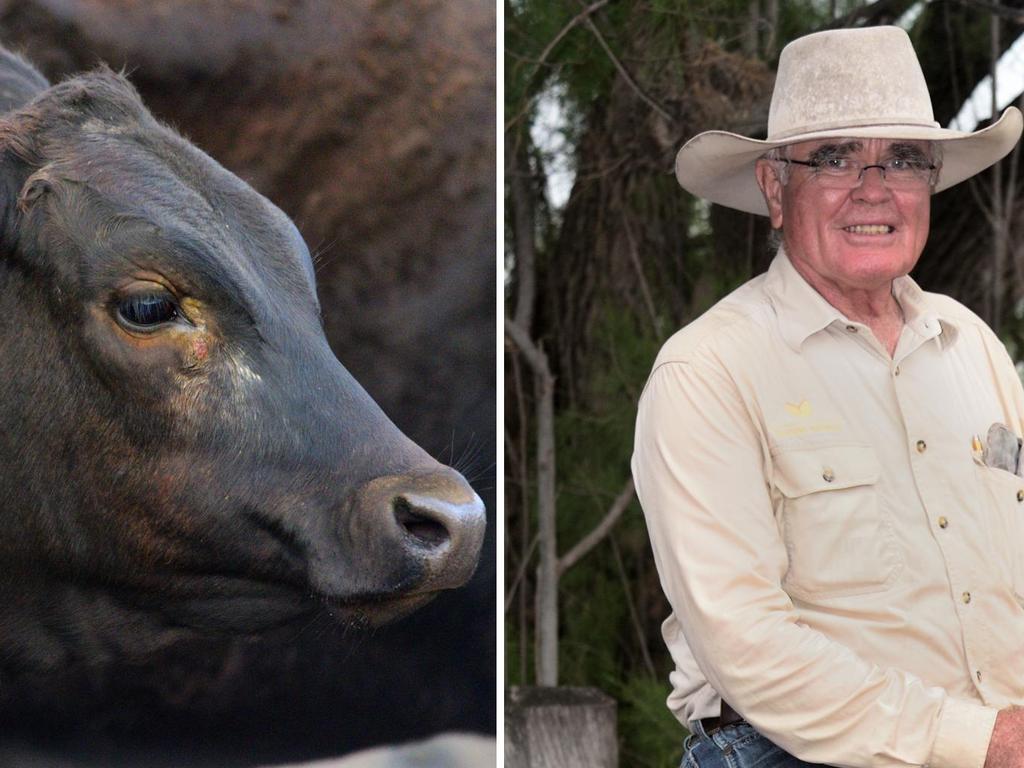
Australians love beef and in the near future they might be able to enjoy a steak that was grown in a lab rather than on a farm.
Beef cultivation technology has come a long way from its debut in London in 2013 and is being floated by start-ups and even CSIRO as the solution to world hunger and decreasing agricultural emissions, but one of Australia’s largest grazing families disagrees.
“It’s a developed cancer,” said Nebo based wagyu baron Peter Hughes.
“It makes you sick to think about.”
Mr Hughes, the owner of the worlds largest wagyu herd and one of Australia’s largest private landholders, is proud of Australia’s agricultural output claiming “we feed an additional 60 million people out of Australia”.
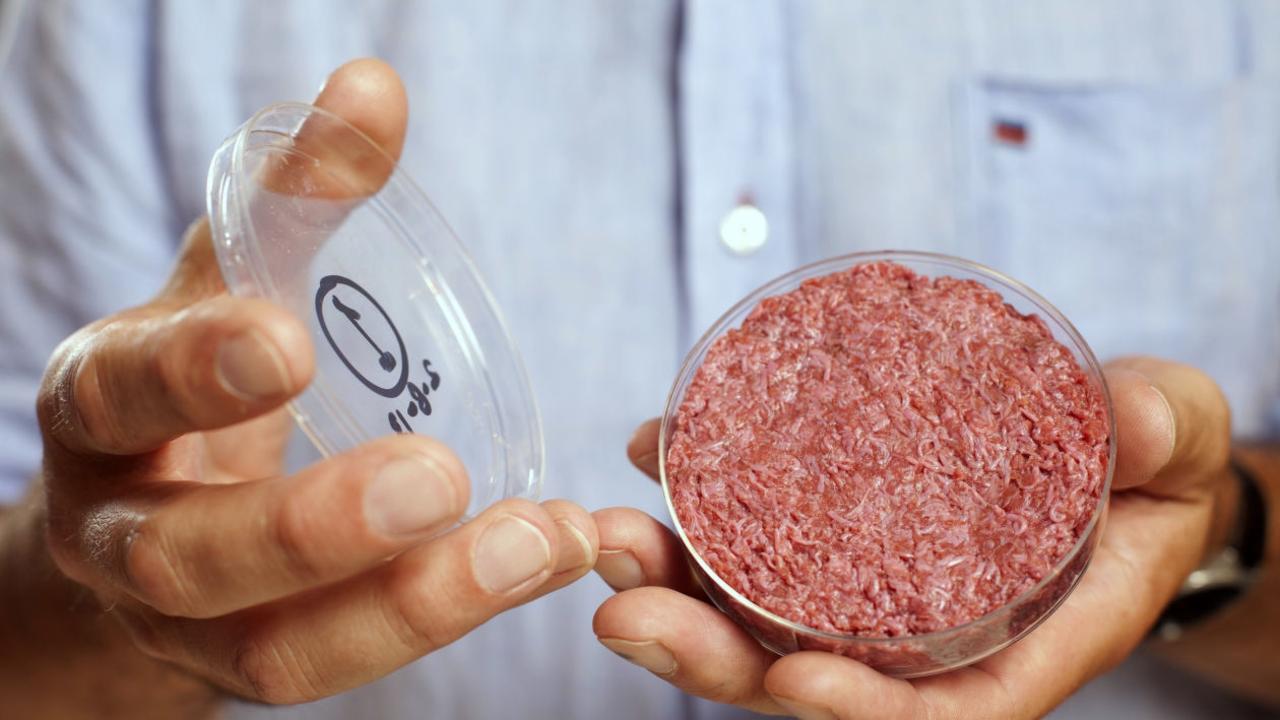
In contrast to the Hughes’, CSIRO is looking to seize the $13bn market opportunity that alternate proteins, as well as innovation regarding existing protein sources represent.
CSIRO had previously developed the commercially successful v2 imitation meat, now used in Hungry Jack’s burgers and sold in supermarkets.
“With an expected two billion extra people on the planet to feed by 2050, coupled with changing tastes and dietary preferences, there is a growing demand around the world for more protein, produced more sustainably and from a wider variety sources,” wrote CSIRO in their National Protein Roadmap.
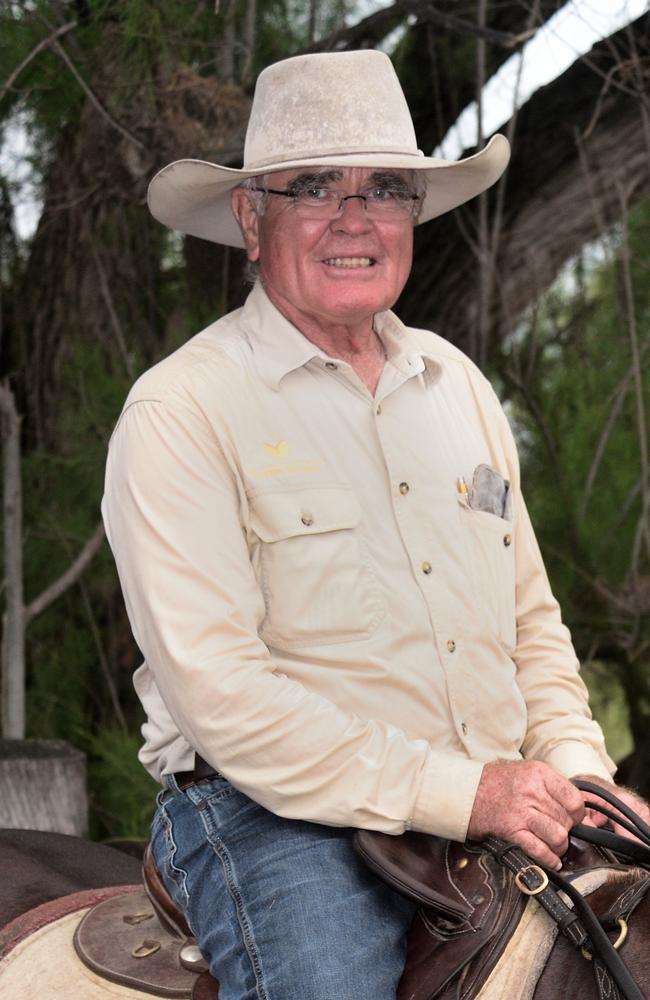
The road map identified that alternate proteins, as well as innovation regarding existing protein sources represented a huge export opportunity.
“Australia is not alone in recognising the protein opportunity,” CSIRO wrote.
“If Australia can capitalise on the opportunities available … both the nation’s existing and emerging protein industries can develop in unison to complement each other in expanding Australia’s protein output.”
IT’S NOT REAL MEAT
“As long as they’re not allowed to call it meat,” Peter Hughes said.
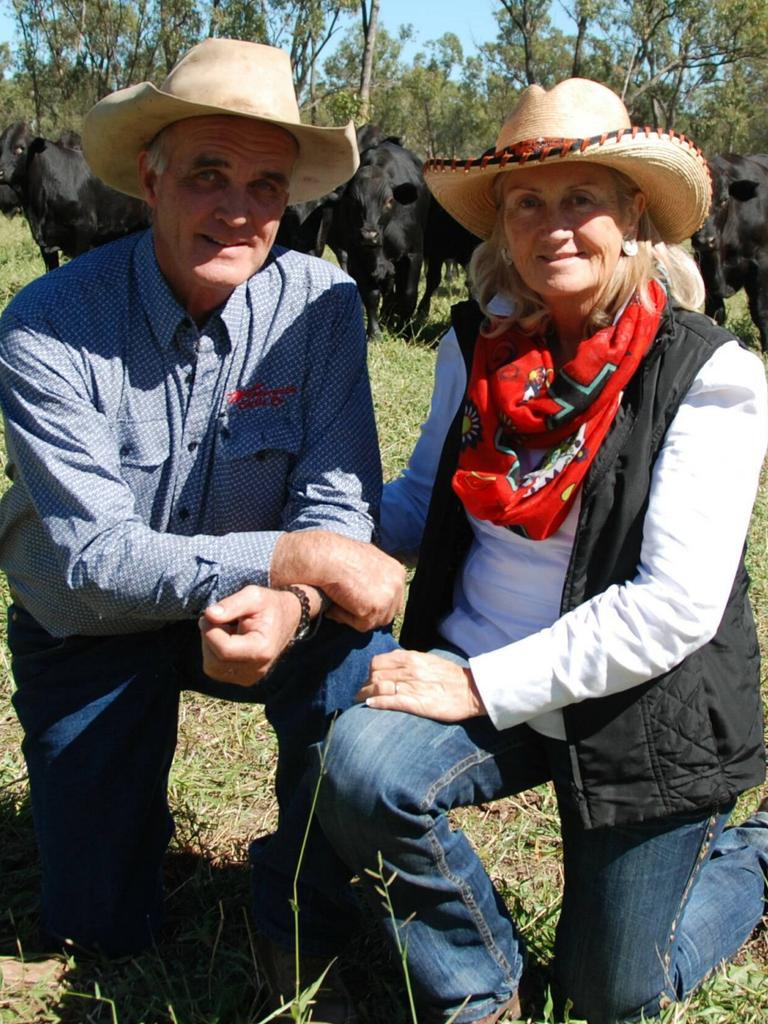
“It’s not real meat,” echoed Peter’s brother Richard, who owns properties near Moranbah and Bowen in the Greater Whitsundays.
“They shouldn’t be able to call it that.”
Together, the two Hughes’ have almost 100,000 head of Wagyu cattle between them and own a combined area the size of Denmark across North Queensland and the Northern Territory.
“They make artificial meat and put it into burgers, that’s false advertising,” Peter asserted.
“It should be against the law.”
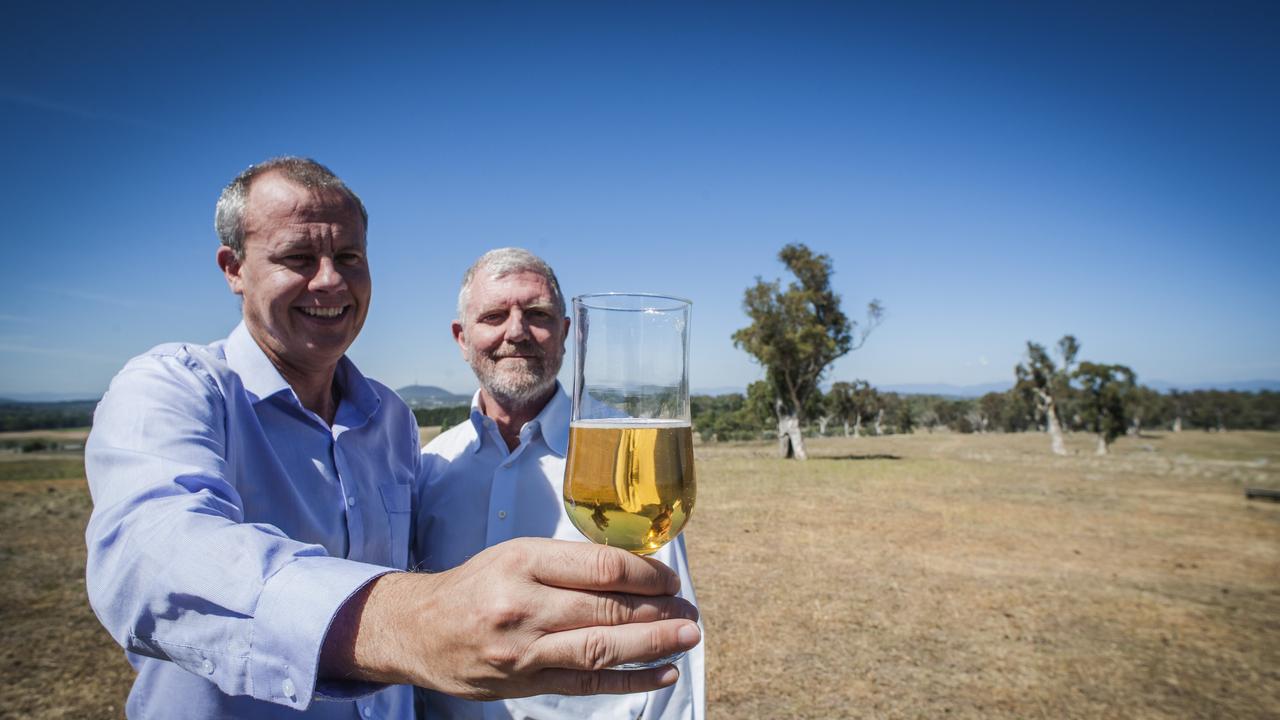
Dr Crispin Howitt, CSIRO’s Future Protein Mission lead said, “CSIRO’s Future Protein Mission is looking at ways to get more out of existing sources of protein.”
“Plant-based and novel protein sources are required in addition to animal-based protein sources to meet needs of a growing world population, changing consumer preferences and different dietary requirements.”
While CSIRO continue to develop plant based alternatives and looking into ways to increase the production of other protein sources like white fleshed fish, they remain dedicated to working with the beef industry, even working with the red meat industry to create new products, such as a red-meat based protein powder.
However, despite some consumers choosing plant-based diets over red meat, the Hughes’ are unconcerned by what they perceive as “minorities making all the noise”.
“We’re meant to eat beef, we’re a predator … beef is what really makes us tick.”
More Coverage
Originally published as Mackay-Isaac’s Hughes family reckon lab grown meat ‘not real meat’




